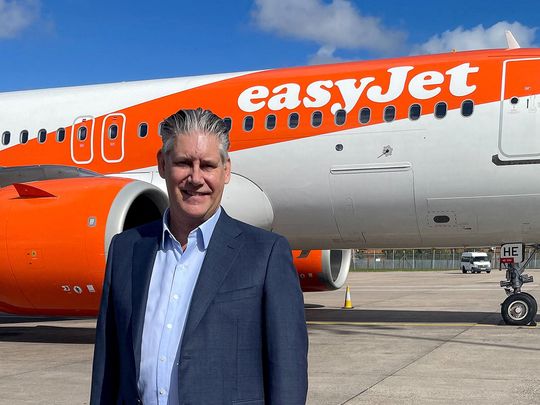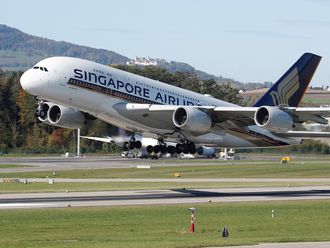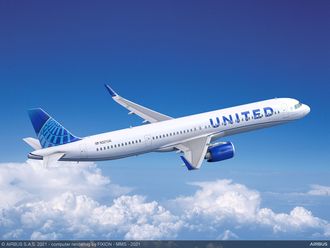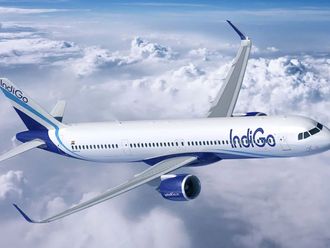
London: Johan Lundgren, the architect of easyJet's recovery from the pandemic, will step down in early 2025, it said on Thursday, knocking the budget airline's shares as it also reported first-half losses in line with its expectations.
Lundgren, who has slashed debt and built up a profitable package holiday business, will be succeeded by Chief Financial Officer Kenton Jarvis who, like Lundgren, joined easyJet from Europe's largest travel company TUI.
EasyJet shares were down 4 per cent at 1036 GMT, wiping out some of the gains made this year, even as Jarvis told reporters he was committed to the board's current strategy.
Analysts said the choice of an internal candidate wasn't particularly exciting, but showed continuity. Jarvis, who served as finance director in many roles at TUI from 2003, has played a key role in helping balance easyJet's books.
The airline reported a headline pretax loss of 350 million pounds ($444 million) for the first half of its financial year, versus an expected loss of 340 million pounds, according to an LSEG poll. Losses were 392 million pounds a year earlier.
EasyJet had forecast a loss of 340-360 million pounds.
Analysts also pointed to a less ambitious outlook on revenues per seat for the fourth quarter as potentially weighing on the shares.
"Q4 revenue per seat was no longer described as 'well ahead' but instead with airline load factors ahead and yields slightly up year-on-year," said Ruairi Cullinane, an analyst at RBC.
EasyJet said headline costs were up 17 per cent in the first half as jet fuel prices rose and it continued investing in its holiday business, which logged a 40 per cent rise in passengers year-on-year.
"We are now absolutely focused on another record summer which is expected to deliver strong FY24 earnings growth and are on track to achieve our medium term targets," Lundgren said in a statement.
Those targets include reaching a group pretax profit of 1 billion pounds by 2028.
Lundgren, who has been at the helm for seven years, pointed to his long tenure as a reason to step down, and told reporters he wasn't sure what he would do next.
European airlines reported mixed first quarter results as costs rose but are counting on an expected record summer of travel to boost revenues as consumers continue to prioritise spending on holidays since the pandemic.
EasyJet has said it is well-positioned to capitalise on that demand, with its Airbus fleet unencumbered by RTX engine issues that have grounded some rivals' planes.











